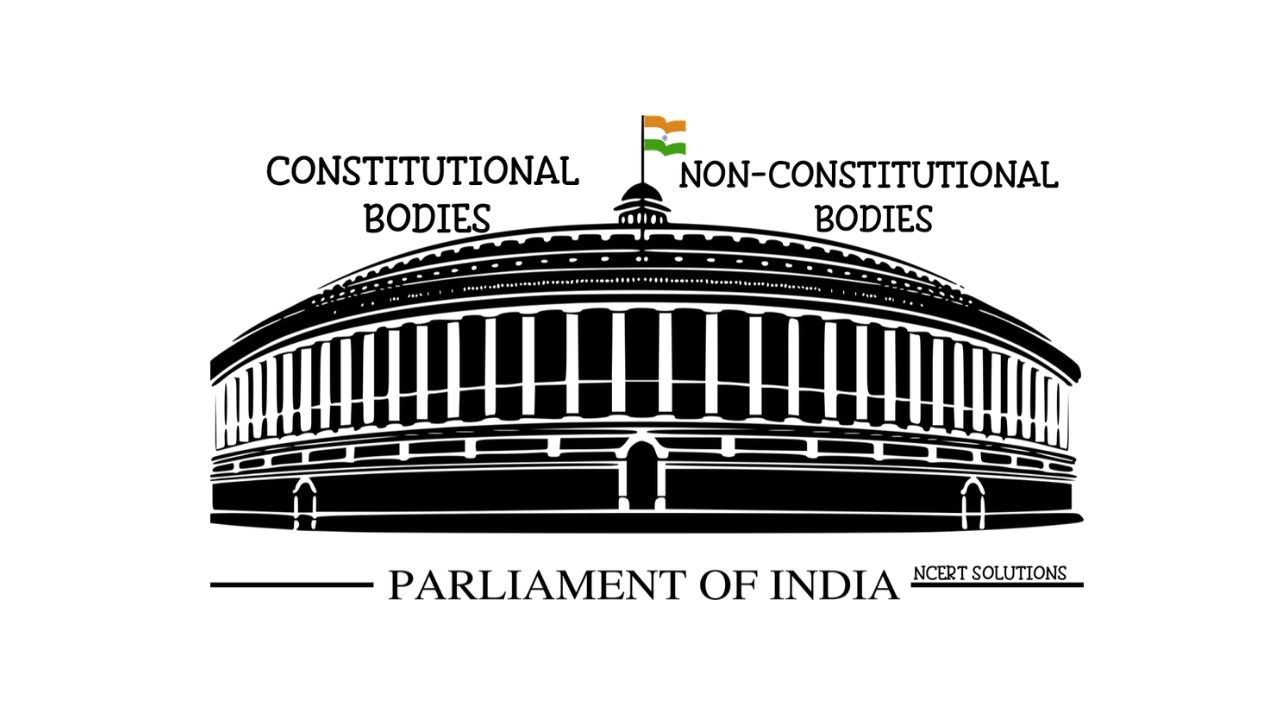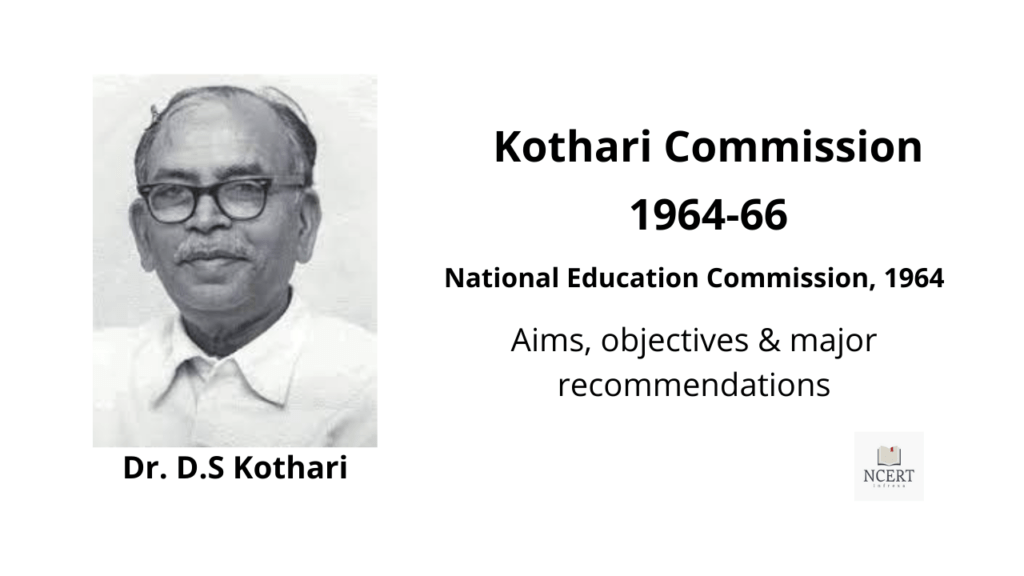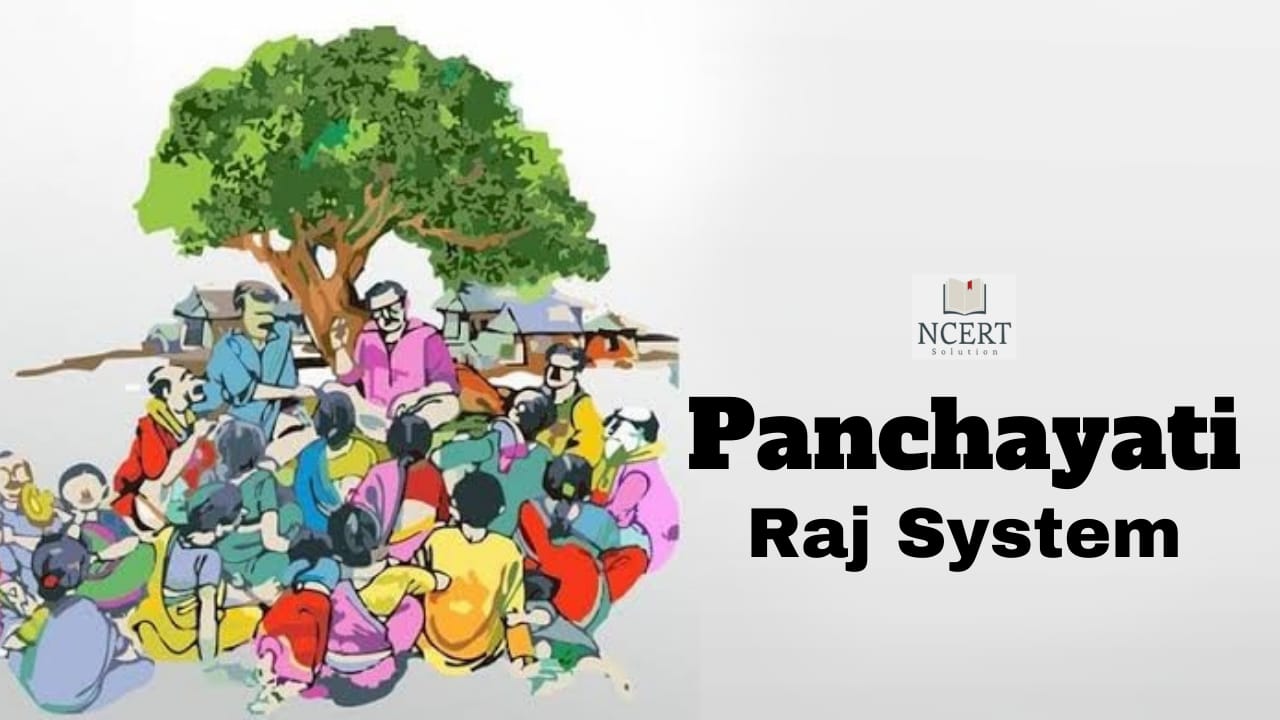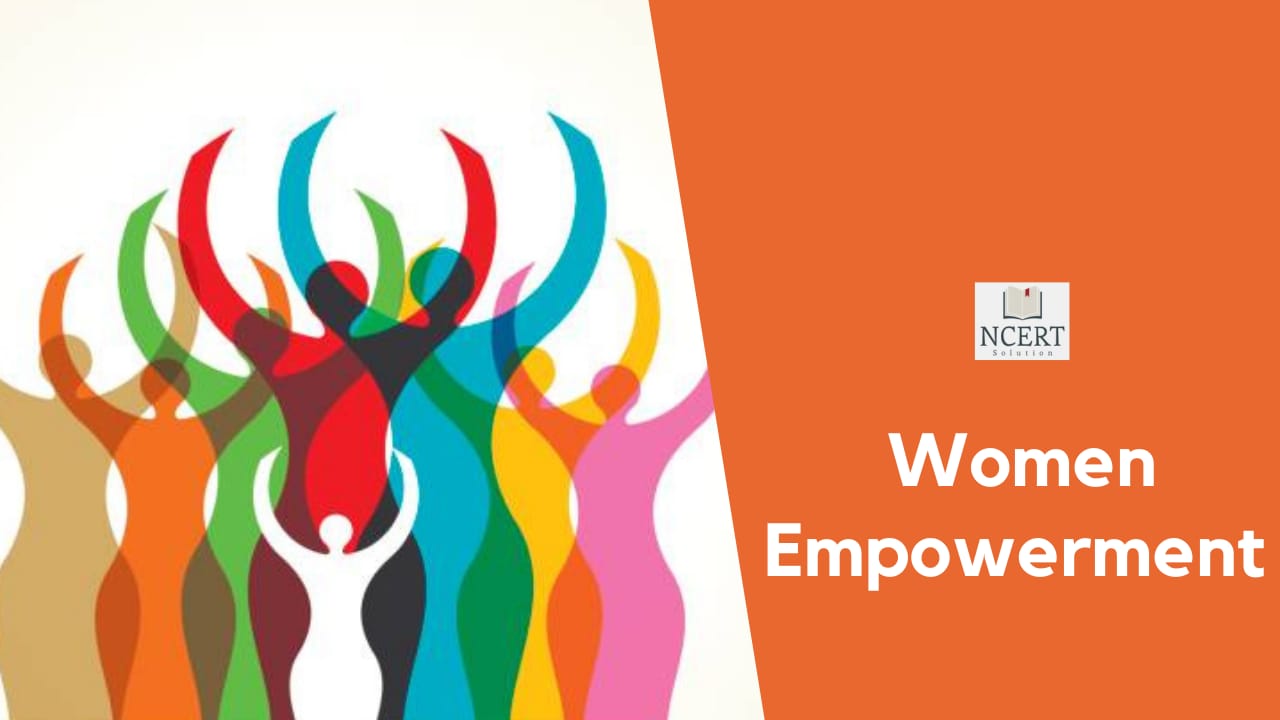Constitutional and Non-Constitutional Bodies in India
India’s complex system of government relies on a network of bodies, each with distinct roles and powers. Some of these bodies are enshrined in the Indian Constitution, while others are created through acts of Parliament to meet evolving needs. Constitutional bodies derive their power directly from the Indian Constitution, while non-constitutional bodies are formed by […]
Constitutional and Non-Constitutional Bodies in India Read More »




